Russia-India: Still a strategic partnership?
The two nations should take a clear-eyed review of the current state of their ties with an emphasis on intensifying dialogue in the new sectors.
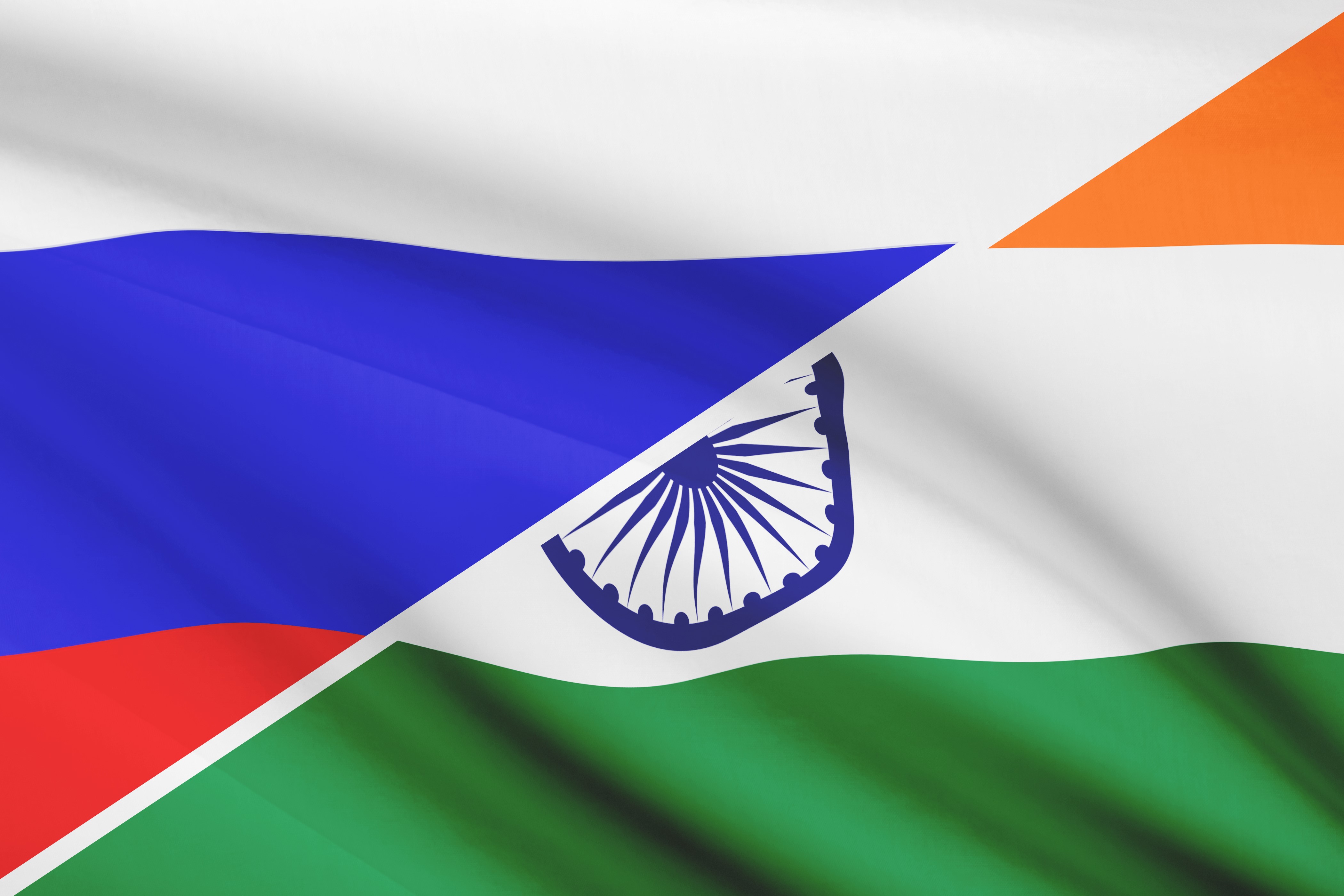 Courtesy: Shutterstock
Courtesy: Shutterstock
The two nations should take a clear-eyed review of the current state of their ties with an emphasis on intensifying dialogue in the new sectors.
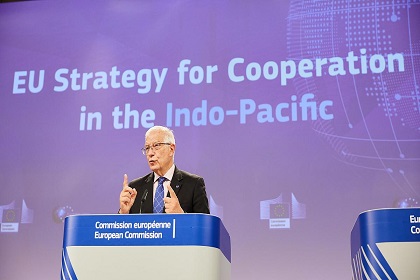 Courtesy: EuroNews
Courtesy: EuroNews
The news of the EU's much-awaited Indo-Pacific strategy was overshadowed by the Australia-UK-U.S. military alliance, AUKUS. Eight weeks later, tempers are cooling off as the U.S and EU signed agreements at COP26. So, are transatlantic good times back on track? Has AUKUS put a permanent spanner in the wheel of the EU’s Indo-Pacific outreach?
 Courtesy: Technology Times
Courtesy: Technology Times
Cyberattacks from Pakistan-based hacker groups targeting India have increased. The stepped-up cyber activity comes in the backdrop of Islamabad's new cyber security policy and expanded digital cooperation with China. India must bolster its existing abilities in cyber forensics and regulations to counter the enhanced Pakistani threat.
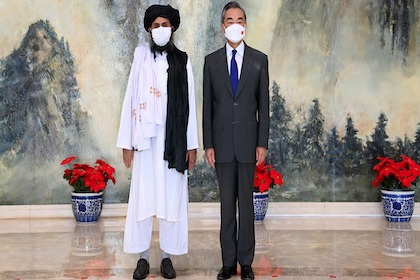 Courtesy: Xinhua
Courtesy: Xinhua
China has followed Sun Tzu’s strategy of focussing on alliances - building its own and weakening those of its adversaries. Beijing’s carefully nurtured formations in West and Central Asia are part of this global power projection, especially with Pakistan, Iran and now, the Taliban, through projects like the Belt and Road Initiative. India must recalibrate its China policy and push for concerted regional responses to emerge as a balancing force against it.
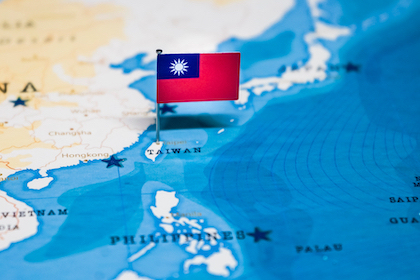 Courtesy: Shutterstock
Courtesy: Shutterstock
The notion of “peaceful reunification” of China with Taiwan has been a geopolitical fiction that has been now shredded by Beijing’s talk of taking Taiwan by force. Should Taiwan go under and much of Asia fall to Chinese hegemony, India’s interests will be as threatened as America’s, or perhaps even more.
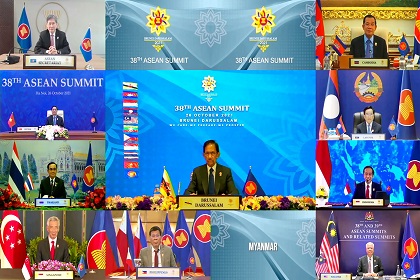 Courtesy: Reuters
Courtesy: Reuters
ASEAN summits often tend to be routine affairs with long joint communiques. But the 26th October Summit had interesting dimensions. ASEAN had to balance Indo-Pacific rivalries, suspend Myanmar from attending, and expedite trade services agreements. As it seeks to expand its global engagement, ASEAN must remember to remain an area of solace and stability for its members.
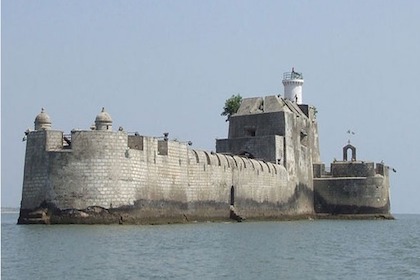 Courtesy: Diu Vanza Darji Samaj UK
Courtesy: Diu Vanza Darji Samaj UK
Five hundred years before the ‘string of pearls’ or strategic naval bases surfaced as part of China’s global dominance plan, Imperial Portugal was a naval power which tried to impose its hegemony over vast swathes of the Indian Ocean. What informed this grand vision of a 16th-century Portuguese seaborne empire?
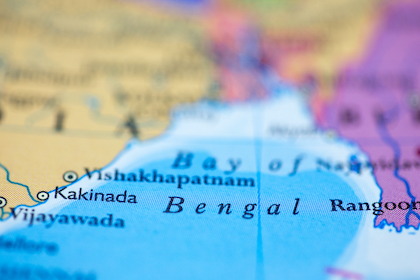 Courtesy: Shutterstock
Courtesy: Shutterstock
The Bay of Bengal is a natural bridge between South and South-East Asia, which New Delhi seeks to optimise. But progress on India's Act East policy has been slow, creating a space for China's Belt and Road Initiative to step into. While India cannot match China’s cheque-book diplomacy, it can use its start-up industry to pursue a combination of physical, technological and financial projects to improve regional connectivity.
 Courtesy: Twitter | @narendramodi
Courtesy: Twitter | @narendramodi
On September 24, the Quad leaders will attend the first in-person summit of the grouping in Washington DC. There is much to discuss for the four leaders, given recent developments: the Taliban takeover of Afghanistan, the Australia-UK-US (AUKUS) security partnership and the EU's new Indo-Pacific strategy. The Quad also needs to focus on long term goals like institutionalising itself and devising a strategy to counter the China challenge.
 Courtesy: Haroon Sabawoon
Courtesy: Haroon Sabawoon
The Taliban’s rapid advance towards Kabul shows clear signs of learning from previous failures. The chances of a revival of the old Northern Alliance are minimal. Regional powers are left with the option of maintaining diplomatic contact with the Taliban whilst not taking any assurances on trust.